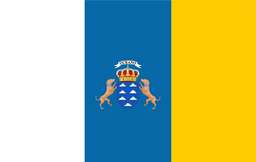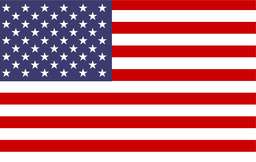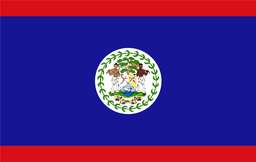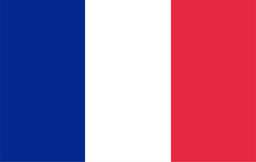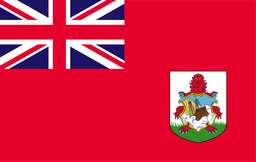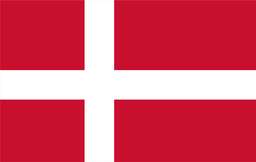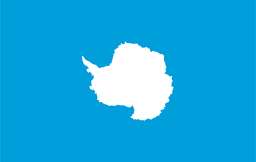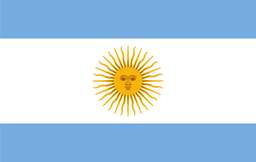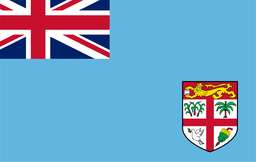Antigua and Barbuda is a twin-island nation located in the eastern Caribbean Sea, where the Atlantic Ocean meets the Caribbean. The history of Antigua and Barbuda is shaped by early Indigenous settlement, European colonization, plantation agriculture, slavery, and the long journey toward independence. Although small in size, the islands played an important role in Caribbean maritime history and regional trade.
The story of Antigua and Barbuda is closely linked with the wider Caribbean world and with neighboring islands such as Saint Kitts and Nevis and Barbados. Over time, the people of these islands developed a strong national identity based on resilience, culture, and strong community values.
Geography and Historical Importance
Antigua and Barbuda consist of two main islands and several smaller islets. Antigua is known for its many natural harbors, while Barbuda is flatter and more sparsely populated.
Because of this geography:
Antigua became valuable for naval and shipping use
Large-scale farming remained limited on Barbuda
Fishing and maritime activity became central to daily life
Antigua’s excellent harbors made it especially important during the colonial period.
Early Indigenous Settlement
Before European contact, the islands were inhabited by Indigenous peoples, mainly the Arawaks and later the Caribs.
These early communities:
Practiced farming and fishing
Built villages near the coast
Traded with other Caribbean islands
Archaeological evidence shows that human life existed on the islands for thousands of years.
Indigenous Life and Culture
Indigenous societies lived in close harmony with nature. They cultivated crops such as cassava and maize and depended heavily on the sea for food.
Social life was based on cooperation, shared resources, and strong oral traditions.
European Discovery
Christopher Columbus reached Antigua in 1493 during his second voyage, but permanent European settlement did not begin immediately.
Early European interest focused on:
The strategic location of the islands
Their potential for agriculture
After contact, Indigenous populations declined rapidly due to disease and conflict.
British Settlement (17th Century)
In 1632, the British established a permanent settlement on Antigua. The island became part of Britain’s growing Caribbean empire.
Barbuda was later leased to British families and was mainly used for livestock rather than plantation farming.
Development of the Plantation Economy
Sugar plantations became the backbone of Antigua’s economy.
This system:
Relied heavily on enslaved African labor
Created great wealth for plantation owners
Caused immense suffering for enslaved people
Barbuda developed differently, with a system of communal land use rather than large plantations.
Slavery and African Heritage
Thousands of Africans were brought to Antigua and Barbuda through the Atlantic slave trade.
Despite oppression:
African traditions survived
Cultural practices blended together
Strong community bonds remained
African heritage remains central to the nation’s culture today.
Resistance and Survival
Enslaved people resisted in many ways, including:
Daily acts of defiance
Preserving their culture
Occasional revolts
This resistance played an important role in shaping the social history of the islands.
Emancipation of Slavery (1834)
In 1834, slavery was abolished across the British Empire.
For Antigua and Barbuda:
Freedom came without a long transition period
Formerly enslaved people faced serious economic hardship
The power of plantation owners slowly began to decline
Social and Economic Change
After emancipation, many freed people tried to gain land and independence.
However:
Economic opportunities were limited
Poverty remained widespread
Migration to other islands and countries became common
Antigua as a Naval Base
Antigua’s natural harbor made it one of the most important British naval bases in the Caribbean.
This connected the island to imperial defense systems and global sea routes.
19th and Early 20th Century Life
During this period:
Plantation agriculture slowly declined
Small-scale farming increased
Social inequality remained strong
Education and political awareness began to grow gradually.
Rise of Political Awareness
In the early 20th century, labor movements and political activism increased.
Workers demanded:
Better wages
Fair treatment
Political rights
These movements laid the foundation for self-government.
Steps Toward Self-Government
Gradual constitutional reforms increased local political participation.
Local leaders gained experience in administration and governance.
Independence of Antigua and Barbuda (1981)
In 1981, Antigua and Barbuda gained independence from Britain.
Independence brought:
Full national sovereignty
Control over internal affairs
A strong sense of national pride
The country remained a member of the Commonwealth.
Political Development After Independence
After independence, Antigua and Barbuda continued to develop democratic institutions.
Elections, political parties, and civil society became central parts of political life.
Economic Transformation
Tourism gradually replaced agriculture as the main economic sector.
The islands became internationally known for:
Beaches
Resorts
Holiday tourism
Tourism reshaped employment and society.
Barbuda’s Unique History
Barbuda maintained a strong tradition of communal land ownership.
This system:
Protected community control
Influenced modern political debates
Helped preserve Barbuda’s distinct identity within the nation
Natural Disasters and Recovery
Hurricanes have periodically affected the islands.
Recovery efforts showed:
Strong community cooperation
Improved government planning
International assistance when needed
Disaster management became an important part of modern governance.
Antigua and Barbuda in International Relations
Today, Antigua and Barbuda takes part in international organizations such as the United Nations and the Organization of Eastern Caribbean States.
Diplomacy plays an important role for small island nations.
Society, Culture, and Identity
National culture reflects:
African heritage
Caribbean traditions
British influence
Music, festivals, and oral storytelling remain central to daily life.
Antigua and Barbuda Today
Today, the country works to balance:
Economic growth through tourism
Environmental protection
Cultural preservation
Its history continues to shape national goals and policies.
Key Historical Timeline of Antigua and Barbuda
Pre-Columbian era: Indigenous settlement
1493: European discovery
1632: British settlement
17th–19th centuries: Plantation slavery
1834: Emancipation
1981: Independence
Modern era: Tourism-based economy
Frequently Asked Questions (FAQ)
Where is Antigua and Barbuda located?
It is located in the eastern Caribbean Sea.
When did Antigua and Barbuda become independent?
In 1981.
Why is Barbuda historically unique?
Because of its tradition of communal land ownership.
Sources and Historical Accuracy
This article is written for educational and informational purposes only. It is based on widely accepted Caribbean historical research, colonial records, and academic studies. The content is original and written in a neutral and objective tone.
Conclusion
The history of Antigua and Barbuda is a story of adaptation, endurance, and community strength. From Indigenous societies and colonial plantations to independence and a modern tourism-based economy, the islands have continually reshaped themselves. Understanding this past explains how Antigua and Barbuda developed a strong and confident national identity in the Caribbean world.



